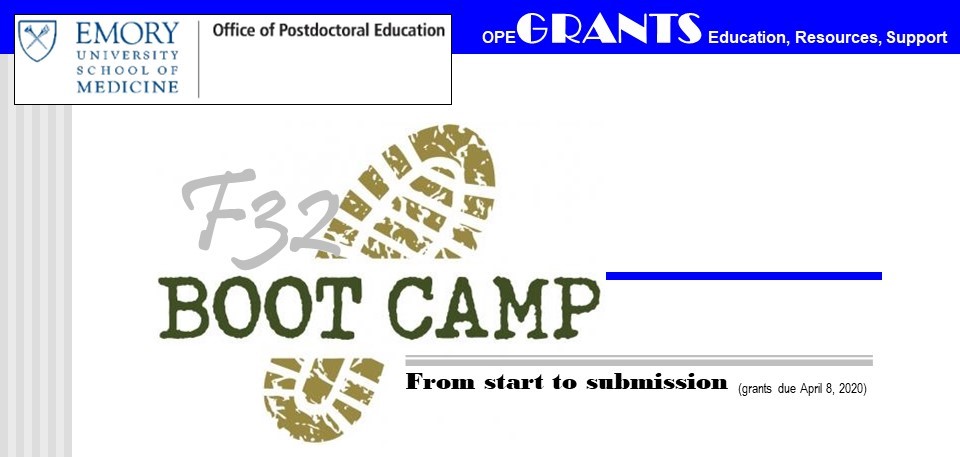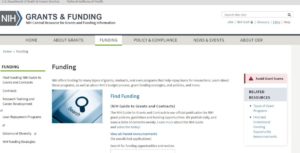What is a grant? By definition, a Grant is –
An exercise in persuasive writing
that conveys your ideas to a funder
to get money to do something
Grants can be for many different things including:
- Research
- Clinical practice or service delivery
- Training, Fellowships, Career Development
- Education, curriculum development
- Buildings and Equipment
As a postdoctoral fellow, you are most likely applying either for a Research grant, or some form of training/fellowship/career development grant.
The goal of a grant proposal for RESEARCH is to obtain financial sponsorship for your project
A Research grant proposal is NOT –
- A research manuscript
- A review paper
- A progress report
- A thesis
Research grants have certain elements in common:
| Element | Implications for You |
| Must be responsive to the mission of the funder | Know the funder’s mission and goals |
| Communication is organized according to specific rules | Get the directions, read the directions, follow the directions |
| Presentation must be logical | Provide information (what, why, how) where and how reviewers expect to see it |
| The work must be feasible | Demonstrate that it is possible to complete the project within given time frame, budget, available resources, and personnel |
| Reflect state-of-the-art and best practices in the field | Up to date and cutting edge |
| Must have an impact | Must move the field forward in some way or meet the need of the funder |
Writing a research grant proposal requires special and sometimes new skills. It will be challenging, and the first time will be the hardest.
Writing a grant forces you to organize your thinking:
- Research idea (Specific Aims)
- How you will execute a project (Approach/Methods)
- A set period of time and money (Timeline + Budget)
- Location and resources (Environment)
Scientific grant writing takes practice and skill so you should:
- Learn about grant writing and other kinds of scientific writing
- Practice letting others review and comment on your research ideas (and vice versa)
- Start writing and submitting grants – it’s the only way to truly understand the organization, format and process



Recent Comments